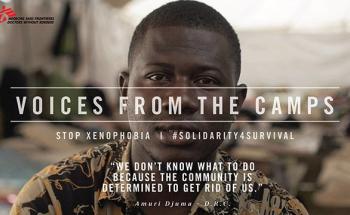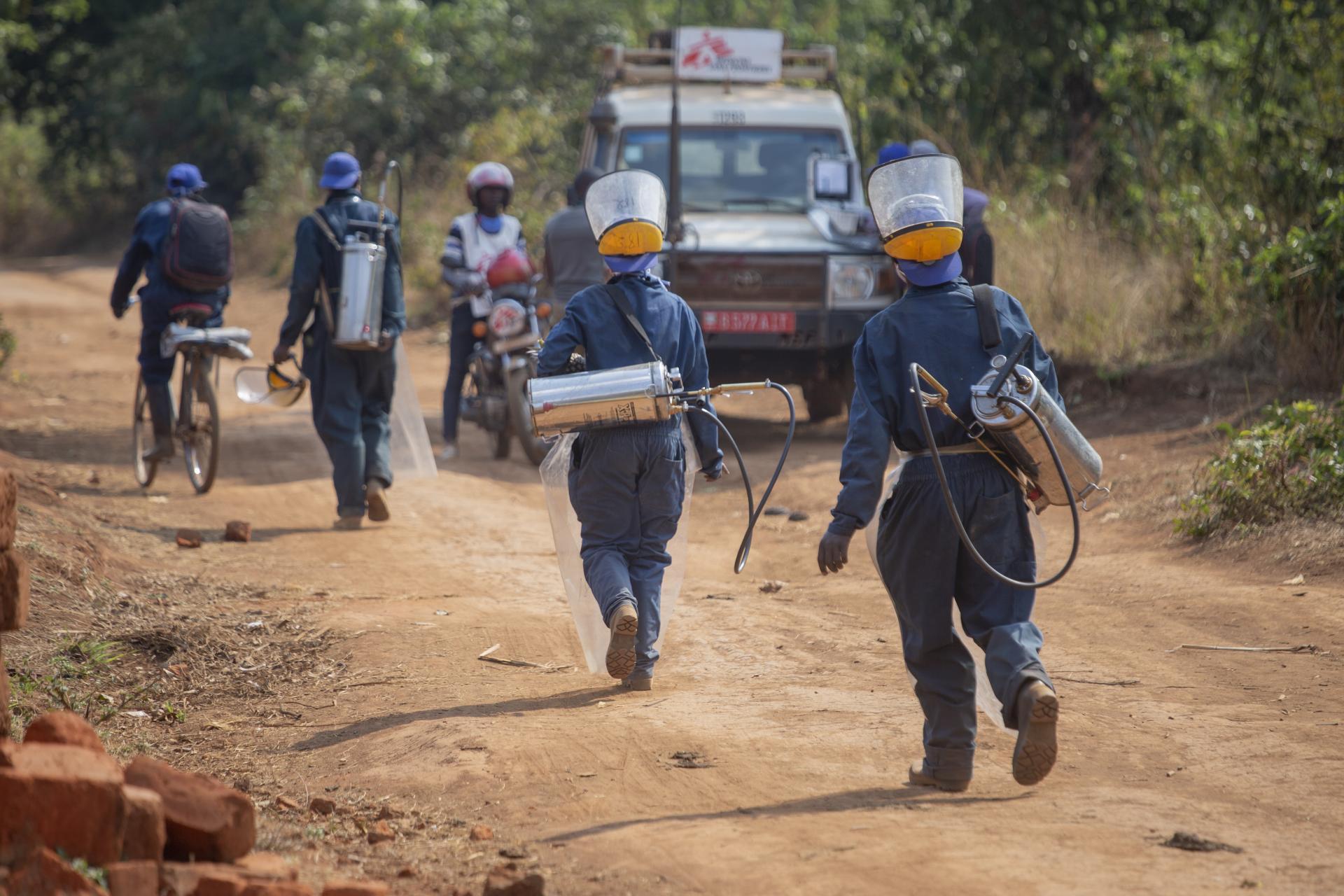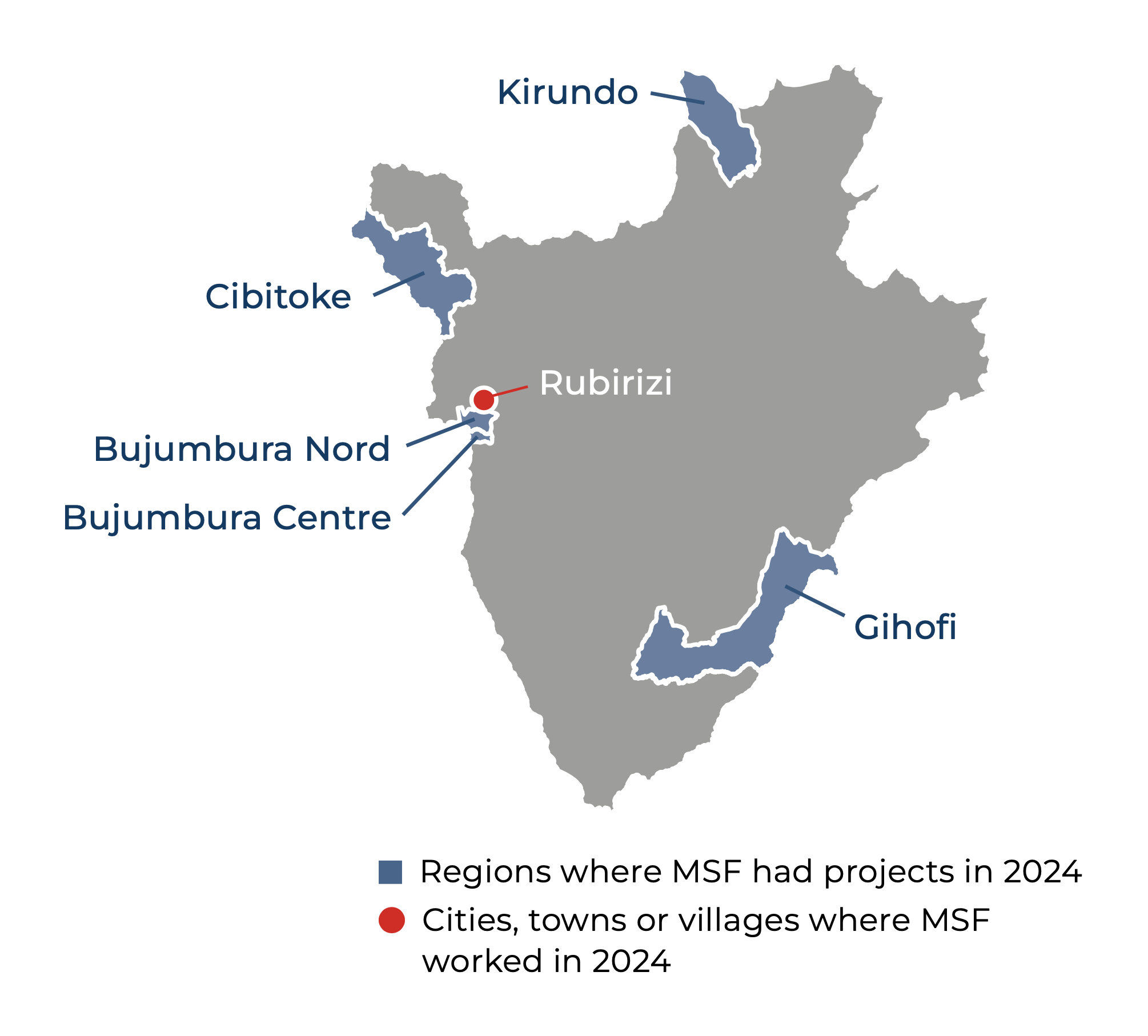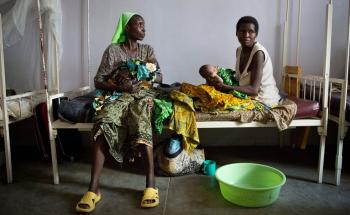

Burundi
In January, we launched a new malaria project in Cibitoke, responding to needs identified during our emergency intervention in 2023. Our aim is to strengthen prevention and treatment of the disease, which is highly prevalent in the province, and is the leading cause of death and hospital admissions across the country.
Our teams helped Cibitoke hospital and 20 health centres to treat children under 15, strengthened blood transfusion safety measures, and prepared Ministry of Health teams to launch long-term treatment, which began in December, and vaccinations, which are due to begin in 2025. To complement these activities, we ran community-based awareness-raising sessions and distributed mosquito bed nets.
Our activities in Burundi in 2024
Data and information from the International Activity Report 2024.
95
95
€4.7 M
4.7M
1992
1992

Elsewhere in the country, MSF teams responded to several epidemics. From February to July, we supported the hospital and health centres in the Kirundo health zone during a measles outbreak, treating children and providing logistical support for the vaccination campaign launched in May. In addition, we helped treat children suffering from malaria and malnutrition.
We also sent teams to respond to cholera epidemics in Bujumbura and the surrounding area, and in Gihofi, in Rutana province. In Bujumbura, MSF supported the treatment of patients at the cholera treatment centre at Prince Régent Charles hospital. On the northern outskirts of the city, our teams built and supported a treatment centre at Rubirizi health centre with donations of medicines and equipment, training, and reinforcing water and sanitation facilities.
In July, an epidemic of mpox, formerly known as monkeypox, was declared. It quickly spread to all 18 provinces, and by the end of the year, there were more than 3,000 confirmed cases. MSF teams helped respond to the epidemic at the Kamenge University hospital in Bujumbura, and in Bururi province.

